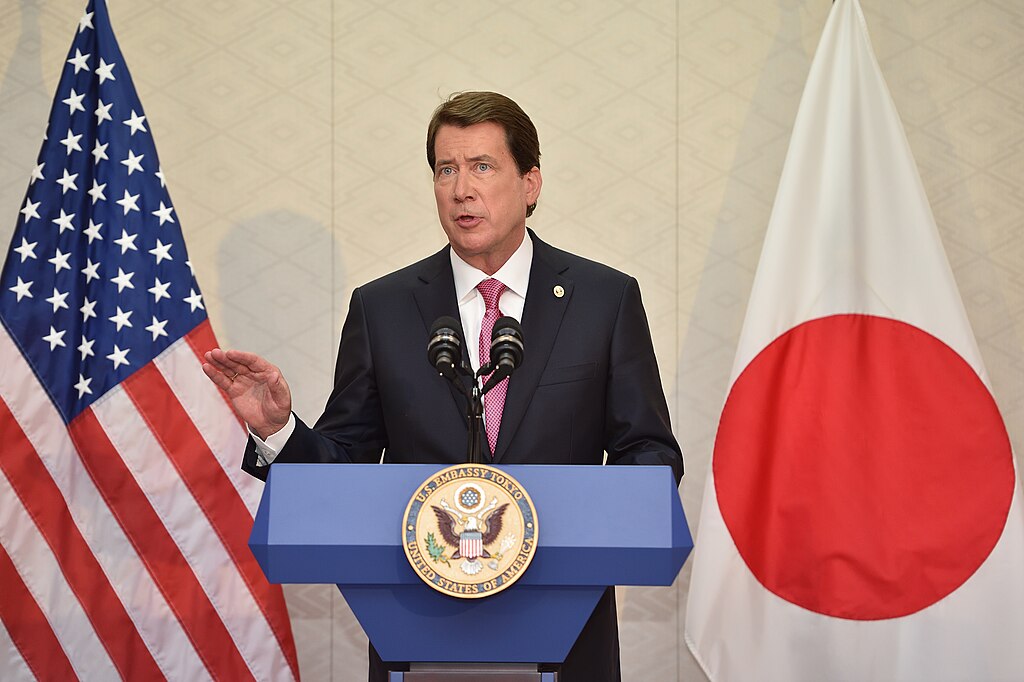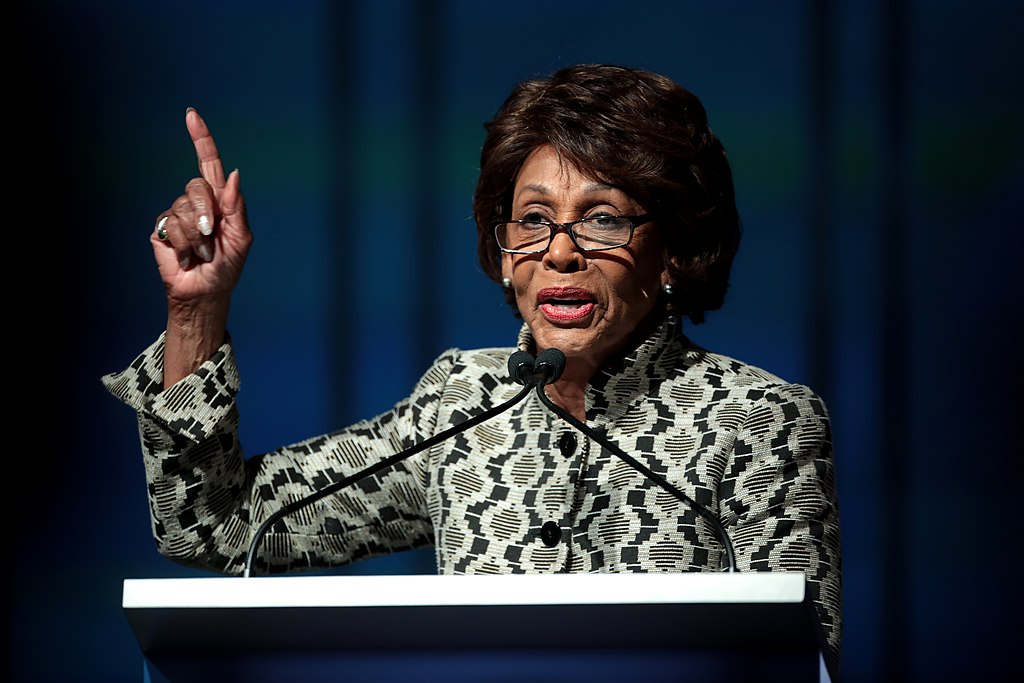A landmark U.S. crypto bill aimed at regulating stablecoin issuers has triggered a sharp divide among Senate Democrats, just ahead of a crucial cloture vote set for Monday night. The Guiding and Establishing National Innovation for U.S. Stablecoins (GENIUS) Act is expected to pass the 60-vote procedural hurdle, but not without opposition from influential figures like Senator Elizabeth Warren.
Warren, a vocal crypto critic, argues the bill poses national security risks, lacks sufficient consumer protections, and fails to prevent misuse by criminals and foreign actors. She also raised concerns about potential conflicts of interest linked to President Donald Trump’s digital asset ventures. Her faction demands stronger safeguards against abuse and tighter regulatory oversight.
In contrast, Senators Kirsten Gillibrand and Mark Warner support the bill, citing bipartisan progress and the urgent need to regulate the growing stablecoin market. Gillibrand emphasized that stablecoins are already critical to global finance, while Warner praised the bill’s efforts to restrict Big Tech influence and boost transparency.
Despite being reworked multiple times, the bill still faces criticism from over 40 advocacy and labor groups, who argue it would enable questionable crypto activities tied to the Trump administration. Still, industry players like Coinbase-backed Stand With Crypto are rallying support, warning that lawmakers’ votes will impact their crypto ratings.
If the bill clears cloture, it may pass the Senate within days and reach the House quickly. Analysts like TD Cowen’s Jaret Seiberg predict it could become law by summer. Meanwhile, Warren has also urged federal agencies to act against North Korean hackers allegedly responsible for a billion-dollar crypto theft from Bybit, highlighting broader national security implications tied to unregulated digital assets.



























Comment 0